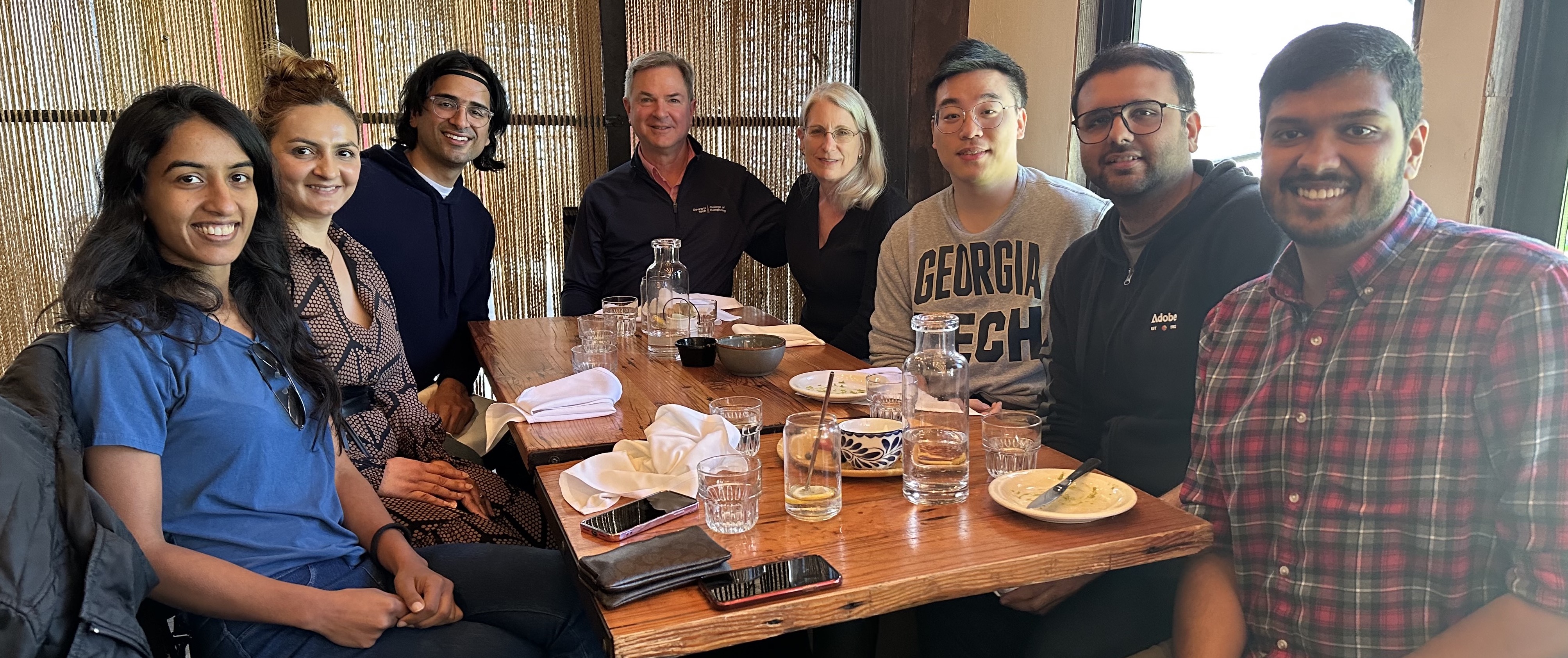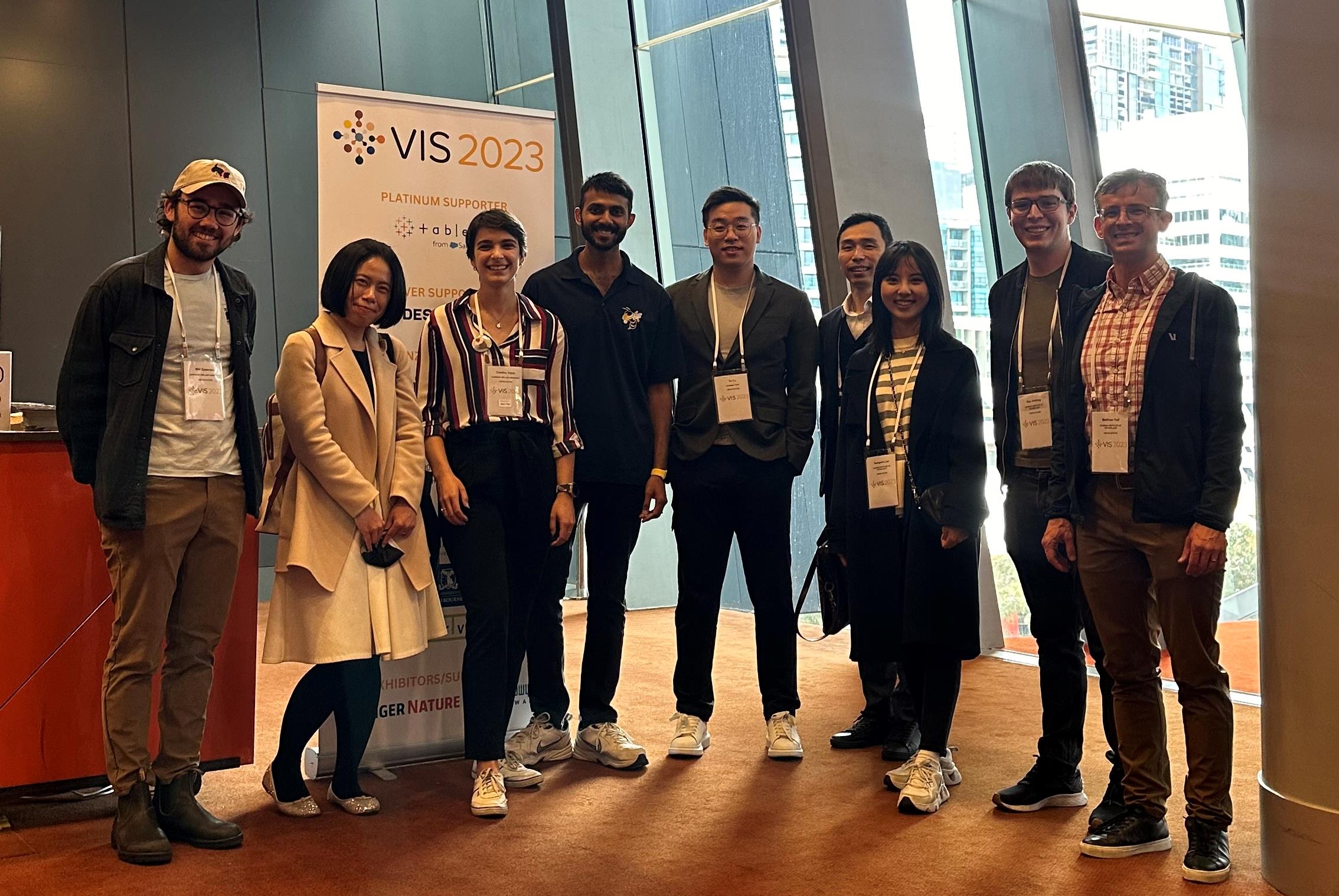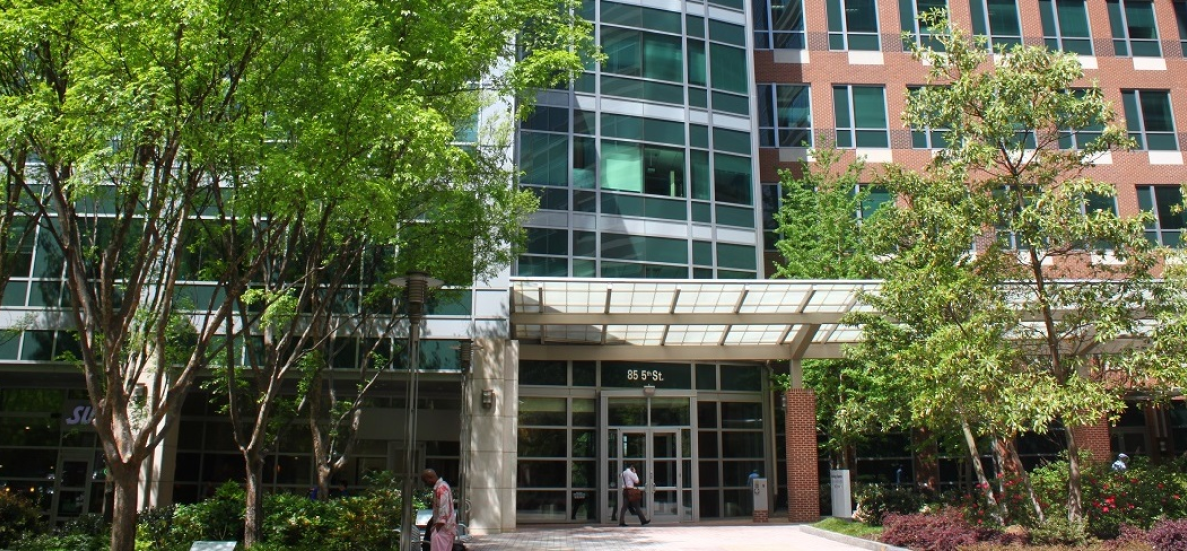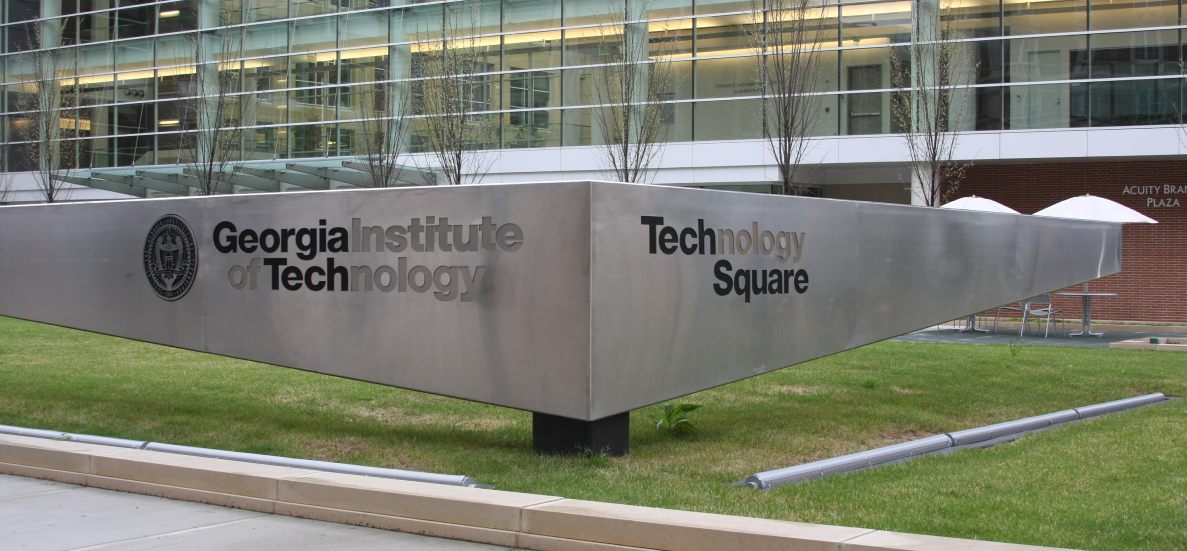
Welcome! We are the home for visualization research at the Georgia Institute of Technology. Our mission is to empower everyone to analyze and communicate data with interactive systems.
The team is made up of six groups that lead visualization research in Information Visualization, Visual Analytics, Geographic Information Systems, Visual Perception, Immersive Visualization, and Visual Data Science.

GT VIS family catching up at ACM CHI Conference 2024 in Hawaii, USA.

GT VIS family and friends get together for the annual VISGiving celebration!

A warm celebration honoring Professor John Stasko’s 36 years of leadership, scholarship, and mentorship in the School of Interactive Computing

Atlanta Meet-up of the visualization labs at Georgia Tech, Emory, and colleagues from GSU, Autodesk, Apple, and Dolby.

II Group and family celebrating John's ACM Fellow Award in the Bay Area.

Annual meet-up of the Visualization Lab’s current students and alumni at the IEEE VIS 2023 Conference in Melbourne, Australia.

The Visualization Lab in the Technology Square Research Building.

The Technology Square Research Building in Midtown Atlanta.

The Technology Square area in Midtown Atlanta.
Recent news from the lab!
November 05, 2025: Arpit Narechania won the IEEE VGTC Top Visualization Dissertation Award at IEEE VIS 2025.

Arpit Narechania received the IEEE VGTC Award for the top Visualization-related PhD Dissertation of the past year for his research on designing, developing, and democratizing guidance for visual analytics.
October 25, 2025: GT Vis Lab participates in VIS this year. Check out all our contributions here .

The GT Visualization Lab contributes to the VIS conference this year in a number of ways. This includes 6 papers, 3 workshop papers, and 1 posters.
September 18, 2025: The School of Interactive Computing gathered to celebrate Professor John Stasko’s retirement after 36 years at Georgia Tech.

Colleagues, students, alumni, and family and friends came together to honor Professor John Stasko’s remarkable career at Georgia Tech during a retirement celebration. John has been a cornerstone of the School of Interactive Computing since 1989, shaping the field of information visualization through groundbreaking research, dedicated teaching, and influential mentorship. The event was filled with stories, laughter, and heartfelt reflections, as attendees shared memories of John’s leadership, scholarship, and generosity of spirit. We celebrate not only his scholarly achievements but also the lasting impact he has had on generations of students and collaborators. Thank you, John, for 36 years of service, inspiration, and community.






